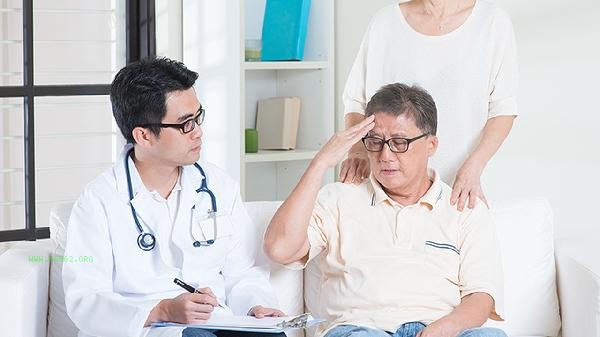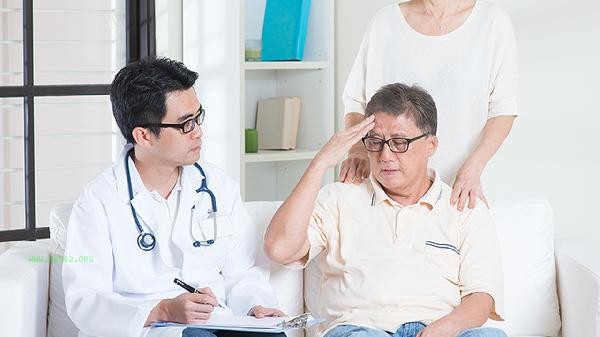Low afternoon blood pressure may be caused by physiological rhythm changes, orthostatic hypotension, medication side effects, dehydration, or chronic diseases.
1. Physiological rhythm:

There is a circadian rhythm in human blood pressure, and healthy individuals usually reach their peak from early morning to morning, with a natural drop of 5-10mmHg from 2-4 pm in the afternoon. This fluctuation is related to autonomic regulation, and a decrease in sympathetic nervous tension in the afternoon may lead to vasodilation. During monitoring, it is necessary to distinguish between normal fluctuations and pathological states. If the systolic blood pressure remains below 90mmHg, caution should be exercised.
2. Posture effects:
Sudden standing after meals or prolonged sitting may cause orthostatic hypotension, which is more common in the afternoon and is related to fatigue accumulation. At this time, blood is concentrated in the visceral blood vessels, and insufficient blood supply to the brain can cause dizziness and blurred vision. Suggest slowing down movements when changing positions, increasing lower limb muscle contraction to promote venous return.
3. Drug action:

antihypertensive drugs such as nifedipine and metoprolol may have a peak in blood concentration in the afternoon. Excessive use of diuretics can cause electrolyte imbalance and exacerbate blood pressure drop. It is recommended to adjust the medication plan under the guidance of a doctor when the medication time is inappropriate or the dosage is too high.
4. Lack of body fluids:
Insufficient drinking water, high temperature sweating, or diarrhea in the afternoon may lead to a decrease in effective circulating blood volume. For every 1% loss of body fluid, systolic blood pressure can decrease by 5-8mmHg. Pay attention to urine output and thirst sensation. Supplementing 100-150ml of diluted saline solution every hour can help maintain stable blood pressure.
5. Chronic diseases:
diabetes neuropathy will damage the baroreceptor function, Parkinson's disease will affect autonomic nervous regulation, and adrenal dysfunction will lead to insufficient hormone secretion. The abnormal circadian rhythm of blood pressure caused by these diseases is often accompanied by specific symptoms such as fatigue and skin pigmentation.

It is recommended to measure blood pressure at a fixed time every day and record it, avoiding caffeine intake or vigorous exercise before measurement. Diet can appropriately increase sodium containing foods such as seaweed and cheese, but hypertensive patients need to be cautious. Wearing elastic socks and conducting resistance training can improve venous return. If accompanied by fainting or cognitive impairment, it is necessary to improve evaluations such as dynamic blood pressure monitoring and autonomic nervous system function testing. Reduce outdoor activities during the high temperature period in summer, maintain ventilation in the environment, and follow the "three 30 second" principle when changing positions. Lie down for 30 seconds after waking up, sit up for 30 seconds, and let your legs hang down for 30 seconds.








Comments (0)
Leave a Comment
No comments yet
Be the first to share your thoughts!